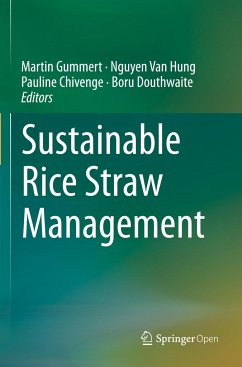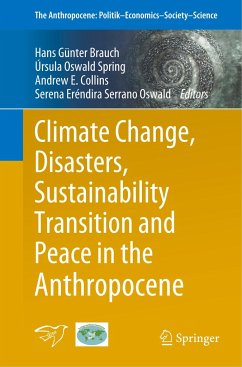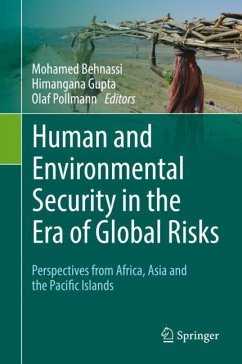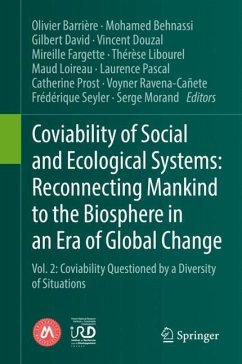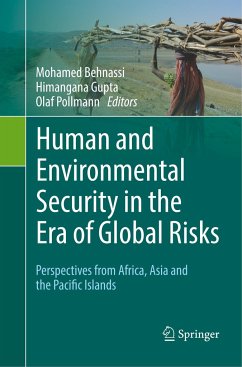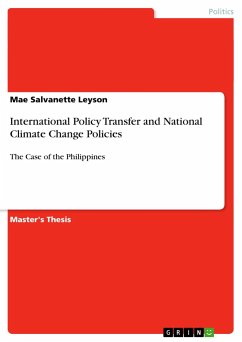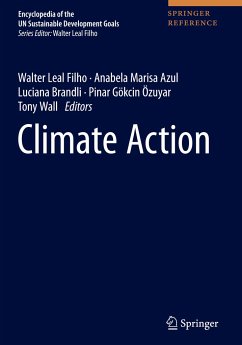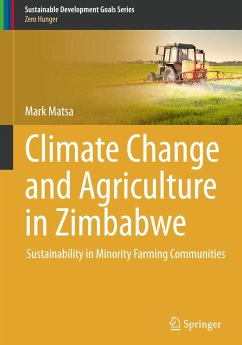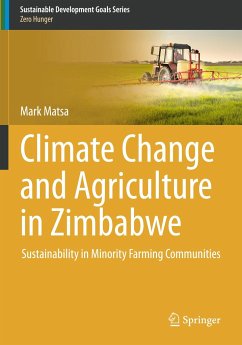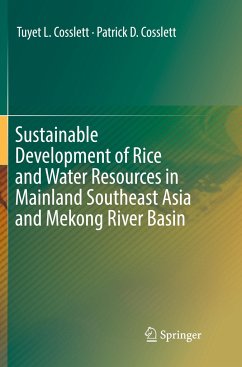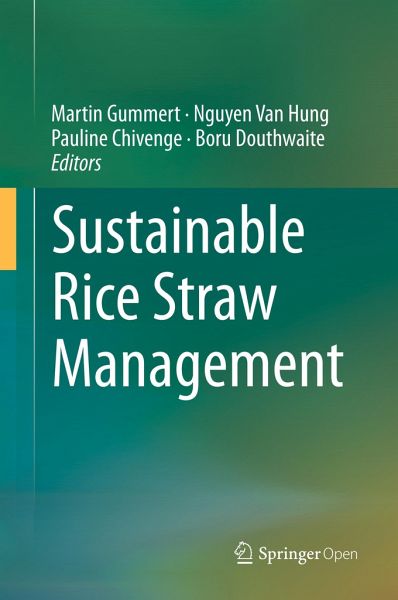
Sustainable Rice Straw Management
Versandkostenfrei!
Versandfertig in 6-10 Tagen
38,99 €
inkl. MwSt.

PAYBACK Punkte
19 °P sammeln!
This open access book on straw management aims to provide a wide array of options for rice straw management that are potentially more sustainable, environmental, and profitable compared to current practice. The book is authored by expert researchers, engineers and innovators working on a range of straw management options with case studies from Vietnam, the Philippines and Cambodia. The book is written for engineers and researchers in order to provide them information on current good practice and the gaps and constraints that require further research and innovation. The book is also aimed at ex...
This open access book on straw management aims to provide a wide array of options for rice straw management that are potentially more sustainable, environmental, and profitable compared to current practice. The book is authored by expert researchers, engineers and innovators working on a range of straw management options with case studies from Vietnam, the Philippines and Cambodia. The book is written for engineers and researchers in order to provide them information on current good practice and the gaps and constraints that require further research and innovation. The book is also aimed at extension workers and farmers to help them decide on the best alternative straw management options in their area by presenting both the technological options as well as the value chains and business models required to make them work. The book will also be useful for policy makers, required by public opinion to reduce greenhouse gas emissionsand air pollution, looking for research-based evidence to guide the policies they develop and implement.





